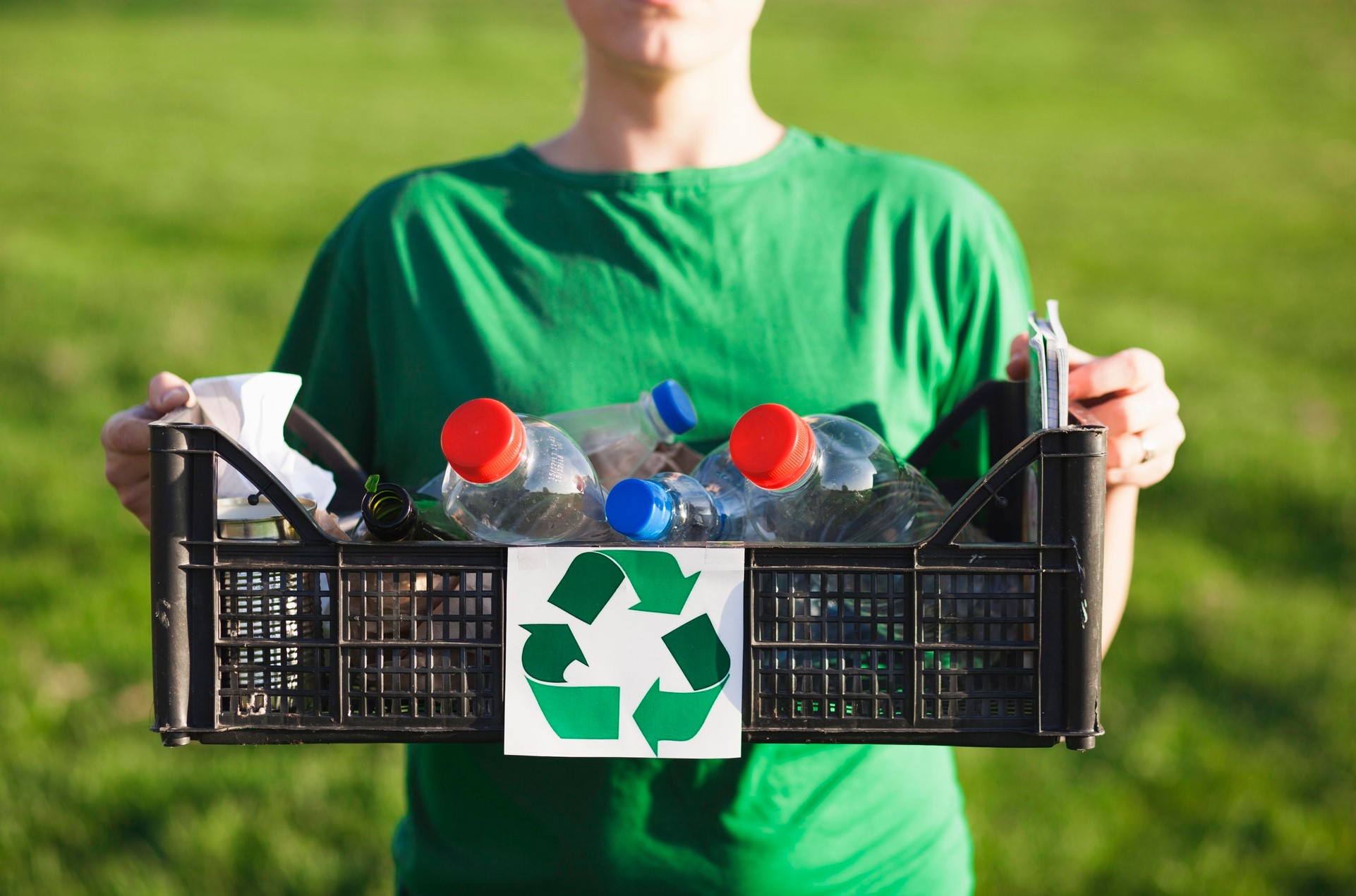Global issues like climate change, pollution of the environment and loss of biodiversity are real and call for concerted effort at global, national and local levels. However, small-scale approaches are just as important in the development of community-based environmental programs. From the conservation programmes to the cleanup campaigns or the renewable energy projects there are many ways in which people can participate in making a positive change in their communities. Read on to know five local environmental causes that you should support and why it is important to get involved in these causes.
- Community Tree Planting Programmes
Planting trees is one of the easiest but most efficient strategies in the fight against climate change, improving the quality of the atmosphere, and boosting the value of habitats in the region. Most cities and towns have community tree planting activities where people can join in planting of trees and shrubs in parks, streets, and affected areas. Such programs have the goal of expanding green areas within cities, cooling the cities, and creating homes for wildlife.
Community tree planting not only plays a role in reducing the amount of CO2 in the atmosphere but also offers so many other advantages. Trees minimize the effects of stormwater runoff, enhance mental health, and provide better aesthetics, and shade for residents. Whether you are gardening or contributing to a local charity, every drop, every shovel, every dollar makes a difference in supporting the green community.
- Community Clean-Up of River and Beach
Water pollution is one of the biggest environmental problems that threaten the existence of rivers, lakes and oceans globally. The clean-up projects involve clearing the rivers and the beach of plastics and other chokes that are dangerous to aquatic life and the environment. Such campaigns are usually conducted by environmental non-governmental organizations or other groups of people and present a good chance to become an active participant.
When you join a local beach or river cleanup, you are removing plastics before they end up in the sea and threatening marine life and habitats. These clean-ups also educate people on the need to avoid the use of single-use plastics and encourage better waste disposal habits. Also, clean-ups are generally organized as people’s meetings where like-minded individuals who want to save the environment are united.
- Urban gardening and community gardening
Community gardening and urban agriculture projects give the people of the community a chance to cultivate their own produce and at the same time support environmentally friendly farming practices. These programs not only bring fresh and organic food to communities but also promote sustainable agricultural practices like composting, rain water harvesting and crop rotation.
Promoting urban agriculture is another way of ensuring that you reduce your carbon footprint because the food is grown nearby and there is little transportation. At the same time, community gardens contribute to the improvement of local food security, offer people informative sessions on ecological topics, and introduce green areas into cities that benefit the local flora and fauna. You can help make the food system more equitable by giving your time, seeds, or tools or by buying locally grown produce.
- Wildlife Conservation Projects of the local areas
Wildlife conservation is important as it helps in the protection of species and the environment. Most of the local programs are aimed at saving species at risk, recovery of ecosystems and the harmonious interaction of man with the natural environment. These projects may use volunteers, donations or citizen science efforts such as bird watching or wildlife monitoring.
By getting involved in local wildlife conservation efforts, you contribute to the protection of native species and their habitats. Whether you’re volunteering with a local nature reserve, participating in a wildlife monitoring program, or supporting advocacy efforts for conservation policies, your involvement can make a difference in safeguarding biodiversity. Many of these projects also offer educational opportunities, teaching community members about the importance of conserving local wildlife and ecosystems.
- Renewable Energy Co-ops
Renewable energy co-ops are local organizations that allow community members to collectively invest in renewable energy projects, such as solar or wind farms. These initiatives provide a way for individuals to support clean energy solutions, reduce reliance on fossil fuels, and help their communities transition to a more sustainable energy future. By joining a renewable energy co-op, you can actively participate in the development of green energy infrastructure while benefiting from lower energy costs and reduced carbon emissions.
Supporting local renewable energy initiatives is a powerful way to fight climate change at the grassroots level. By pooling resources and working together, communities can generate their own clean energy, reduce their carbon footprints, and build resilience against future energy challenges. Whether you invest in a co-op, install solar panels on your home, or advocate for renewable energy policies, your involvement is crucial in advancing the transition to a low-carbon economy.
Conclusion
Local environmental initiatives are a vital part of the broader movement to protect the planet and build sustainable communities. Whether it’s through planting trees, cleaning up rivers, conserving wildlife, or supporting renewable energy, there are numerous ways to get involved and make a difference. By supporting these efforts, you not only contribute to environmental conservation but also foster stronger, more resilient communities that are better equipped to tackle the challenges of the future. Every action counts, and your support is needed now more than ever.
